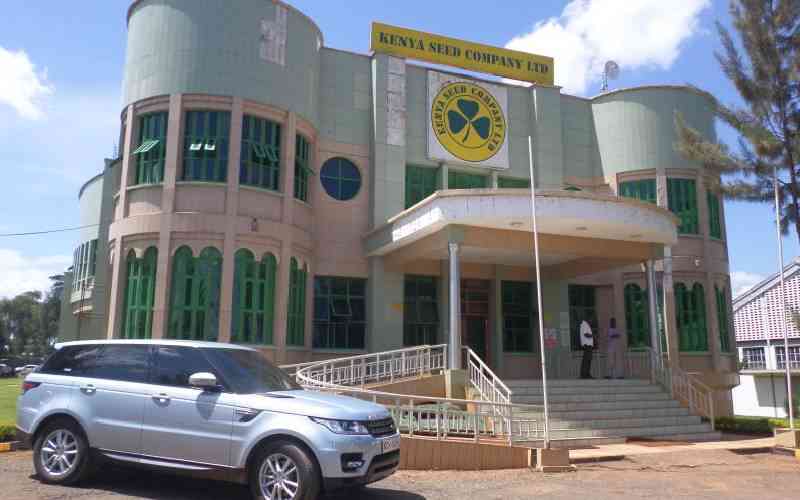×
The Standard e-Paper
Home To Bold Columnists

The planned sale of State-owned entities could generate as much as Sh110 billion over the next four years, which the government expects will help in reducing the money it has to borrow to finance the budget.
The National Treasury last week listed 11 State corporations in which its plans to offload its shareholding to private sector players.